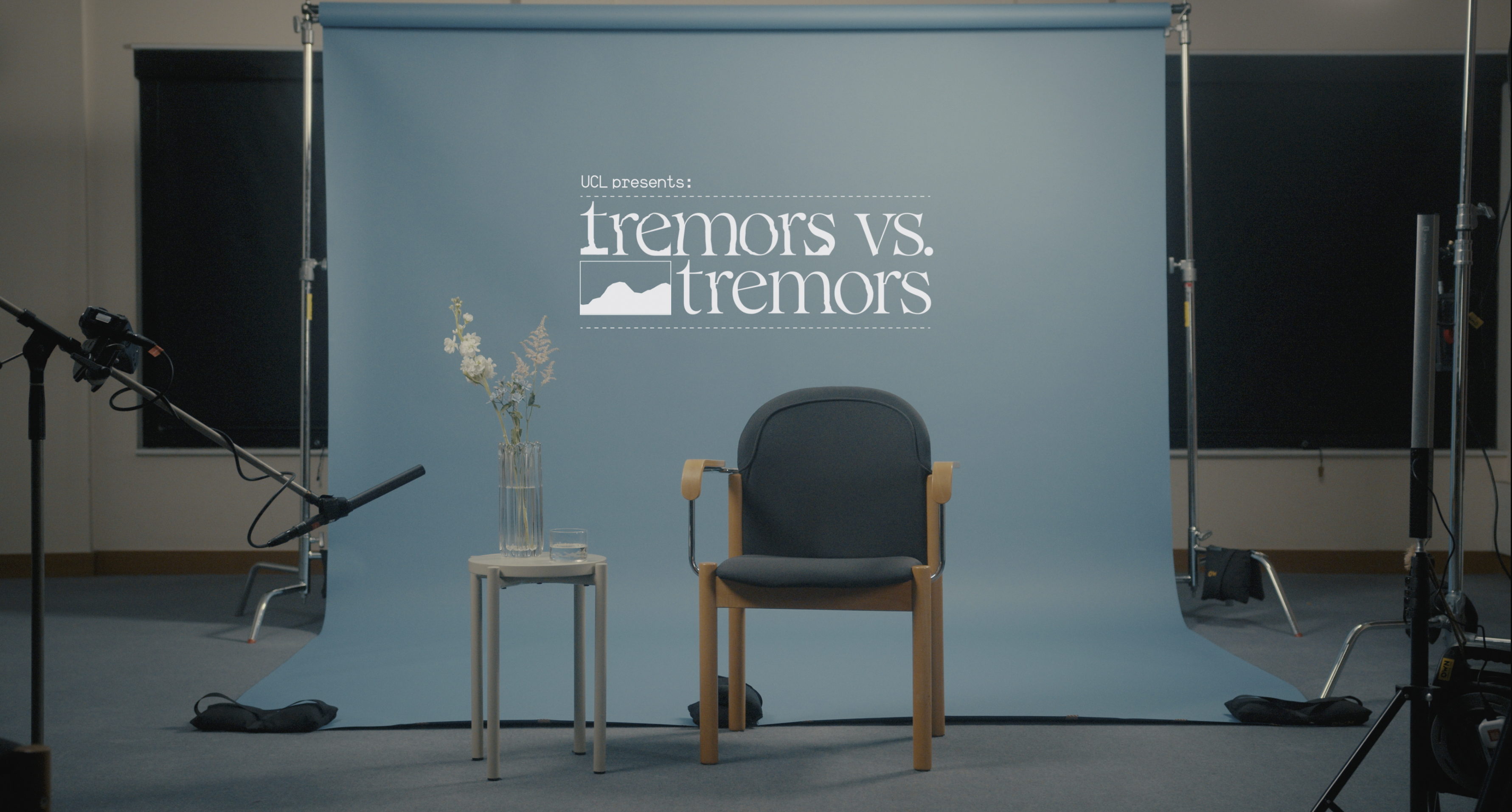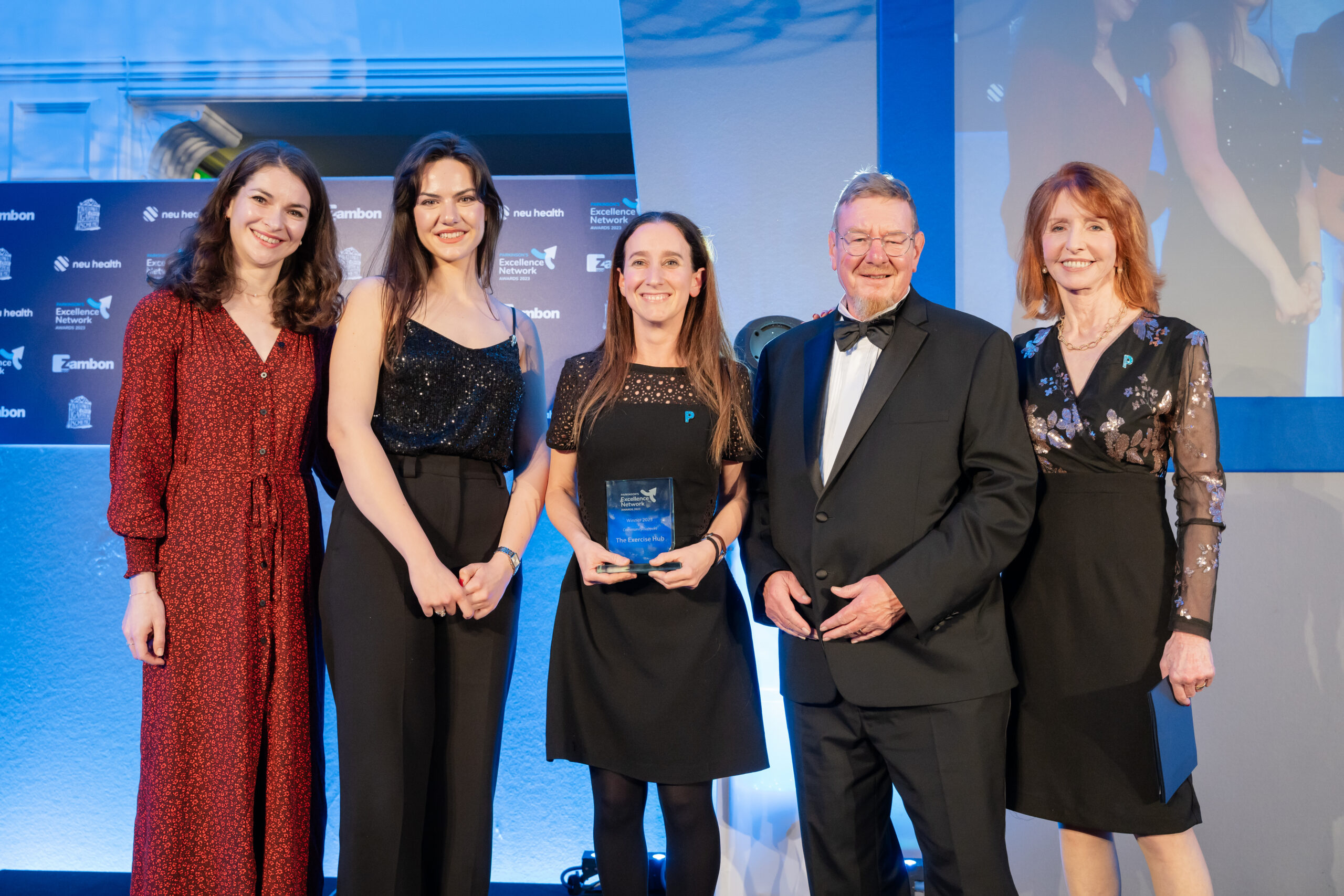Public Engagement Awards 2022: Celebrating the exceptional commitment to public engagement at the Department
Three awards were presented to recognise outstanding contributions to the strong culture of public engagement at UCL’s Department of Imaging Neuroscience on 7th May 2022.
Every year, the Department joins together to celebrate the range of creative, thoughtful and meaningful public engagement activities held over the past year. The awards ceremony was held in person at 12 Queen Square on Tuesday 7th June, welcoming research and support staff from across the Centre – as well as external collaborators and partners from various public engagement projects.
The Public Engagement Awards are an integral part of the Department’s Public Engagement programme and strategy to develop a culture where public engagement is valued by staff and embedded into all research programmes. The initiative aims to recognise and reward outstanding achievements from individuals and projects. This year, the Public Engagement team were delighted to award three prizes to staff members and projects that have been especially instrumental in upholding the Centre’s commitment to excellence in public engagement.
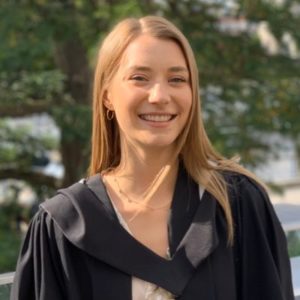
The Rising Star Award was given to Lydia Mardell for her designing and running workshops with young people with epilepsy to make OP-MEG scanning more comfortable, delivering UCL World Stroke Day events and supporting student placements.
Upon winning, Lydia said:
“I’m really grateful to have been chosen for the Rising Star award. The engagement projects I have been lucky enough to get involved in have been really inspiring. Receiving this award has given me a chance to reflect on these projects and encouraged me to continue to embed public engagement within my work in the future.”
The second prize to be announced was for Excellence in Public engagement, which was jointly awarded to both Madeleine Payne and Tobias Hauser. Madeleine led Becoming: Exploring Adolescence, a project which engaged marginalized young people under-served by neuroscience. Tobias is leading the OCD and The Brain project, engaging people with lived experience of OCD to shape his future research.
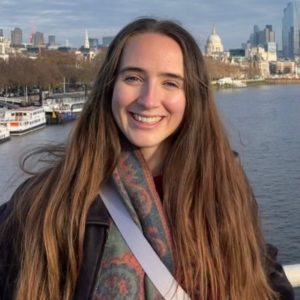 Madeleine said:
Madeleine said:
“Delivering this project has been one of the most rewarding experiences in my PhD. Working together with the young people and our partner organisations has taught me so much, helping me to reflect deeply on my research ideas and practices. I am delighted that our work has been recognised in this way and I am excited to continue to incorporate public engagement into my research. I am lucky to be supported by such a brilliant public engagement team at the Centre and to have supportive supervisors who encouraged the pursuit of this project!”
Tobias said: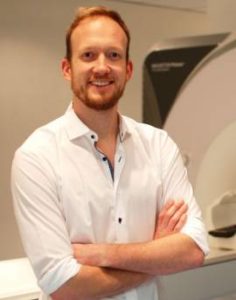
“I am very excited about being awarded this prize, and to share it with Maddy Payne. Thanks to the great public engagement team at the WCHN, I have learned about the importance of public engagement, and it has changed our approach to research. This recognition shows that we are on the right track and it encourages us to further promote public engagement in our research.”
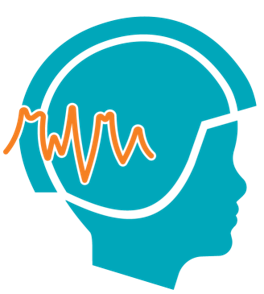
Finally, the Outstanding Public Engagement Project Award was presented to The OPM Collaboration for their innovative project which engaged young people with epilepsy and parents to improve the OP-MEG scanning experience for young people.
Stephanie Mellor from The OPM Collaboration team said:
“We’re really proud of the work that has gone into this project and the outcomes from it, both in terms of personal development and for the wider OP-MEG and epilepsy communities. It would not have been possible without the exceptional Public Engagement Team at the WCHN and it was a real honour to win this award. ”
You can find out more about our Public Engagement Award scheme and awardees here.

